SMETHWICK was once notorious in British politics, after the 1964 election saw an overtly racist campaign succeed there at the ballot box. Smethwick’s reputation as a hotbed of racism went around the world. Even Malcolm X visited the West Midlands town, just days before his assassination back in America.
Yet the Smethwick constituency itself disappeared during the 1974 boundary changes. The 2024 general election brings it back to the electoral map. Gurinder Singh Josan, a Smethwick-born Sikh, is set to be the MP who carries the town’s name back into the Commons.
Much can change in six decades. Smethwick is now a minority-majority town. Just under half of the population is white, four in ten are Asian and a tenth are black. A statue immortalises West Bromwich Albion’s much-loved trio of pioneering 1970s black stars outside the football club’s ground. Another commemorates the Sikh contribution to the world wars in the town centre.
Nationally, Britain’s growing minority population had no parliamentary presence at all when facing the ‘send them back’ slogans of that Powellite era.
The July 4 general election will see a landmark breakthrough – not simply another record number of ethnic minority MPs, but the biggest ever rise in their number. British Future’s Class of 2024 analysis projects a rise from 65 ethnic minority MPs to around 90 – from 10 per cent of MPs to about 14 per cent. The Commons will never have been closer to reflecting the ethnic diversity of the country it governs. About 14 per cent of those eligible to vote across the UK are from non-white minority backgrounds, accounting for age and eligibility, according to census analysis by Matt Singh of Number Cruncher Politics.
Next month’s election will see as big an advance in one night as was made in two decades across five general elections after 1987, until change began to accelerate from 2010 onwards.
It would surprise many people to recall there were only nine ethnic minority MPs out of 650 after the 1997 general election – and just four new entrants in the landslide that last saw Labour come to power from opposition. An election famous for a gender breakthrough did little for minority representation.
This projected record advance does not primarily depend on how far the political pendulum swings on election night next month. Even if no seats changed party hands at all – however unlikely that is – there would be a big jump to 88 ethnic minority MPs, with 58 ethnic minority MPs standing again. Only Virendra Sharma of Labour’s 40 minority MPs at dissolution stood down, though five Conservatives, including Sajid Javid and Alok Sharma, did so.

About 30 newly elected minority MPs are likely to join those who get re-elected. Fourteen newly selected Labour minority candidates defend seats the party won last time. Most should win easily. Praful Nargund may be the underdog candidate taking on former party leader Jeremy Corbyn in London’s Islington North. Labour’s Rajesh Agrawal and Conservative Shivani Raja face a unique contest in Leicester East where the constituency’s previous two MPs both stand: Claudia Webbe and Keith Vaz, who seeks just one more term in the constituency he represented for 32 years.
British Future projects similar estimates of 88-89 ethnic minority MPs, whether there is a hung parliament or a Labour majority of one or 50. Landslide scenarios could push the numbers up even further: we project around 94 ethnic minority MPs if Labour’s majority hits three figures, with the potential to even hit 100 ethnic minority MPs in an avalanche scenario.
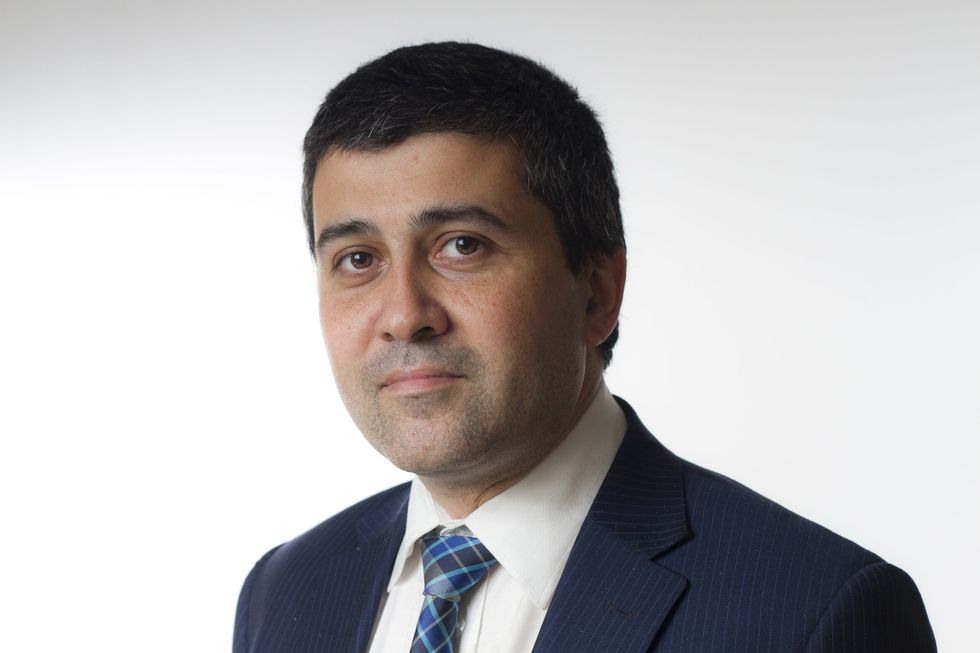
The row over prime minister Rishi Sunak leaving the D-Day commemorations early leaves gloomy Conservatives anxious about actually waking up to a nightmare result on July 5. Ethnic minority Conservative MPs have better prospects of survival on average, since they defend 11 of the party’s 100 largest majorities. Sunak, Kemi Badenoch, Suella Braverman, James Cleverly and Priti Patel are among those in the 50 safest seats of all.
How much difference does rising minority representation make? That it has coincided with an era of polarisation on race may seem paradoxical – though more minority voices ranging across the left, centre and right of both major parties can generate more clashes. Rising numbers may not necessarily prevent black or Asian politicians having an unequal experience of public life – from party cultures to online abuse. Diane Abbott can now mark the 40th anniversary, in 2027, of being part of the historic 1987 breakthrough quartet from within parliament – but only after fighting a battle within Labour to be selected again.
The unedifying attempt to end her parliamentary career failed to understand the importance of that moment in Labour’s memory and history, well beyond the party’s left flank.
The 2024 general election will surely end the first British Asian premiership, yet it will further entrench ethnic diversity as a settled new norm in British public life. A stronger share of voice in parliament does matter – as long as we realise that rising representation will never do the spadework for fairness on its own.
(The writer is the director of British Future)






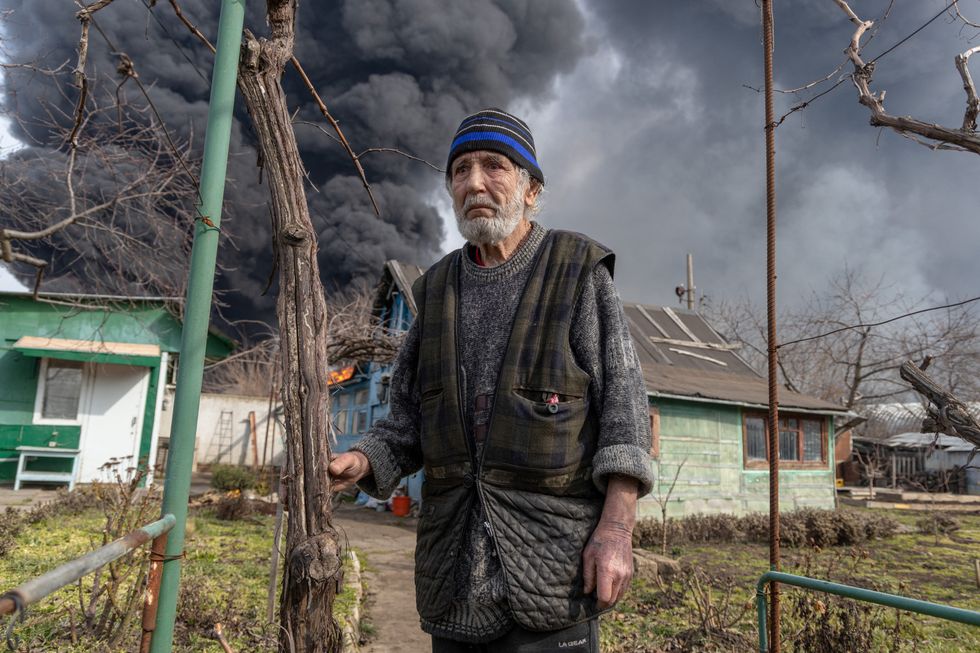 A resident in Odessa, Ukraine, as smoke rises from a fire following a strike earlier this month amid the Russian invasion
A resident in Odessa, Ukraine, as smoke rises from a fire following a strike earlier this month amid the Russian invasion











 Shweta Warrier
Shweta Warrier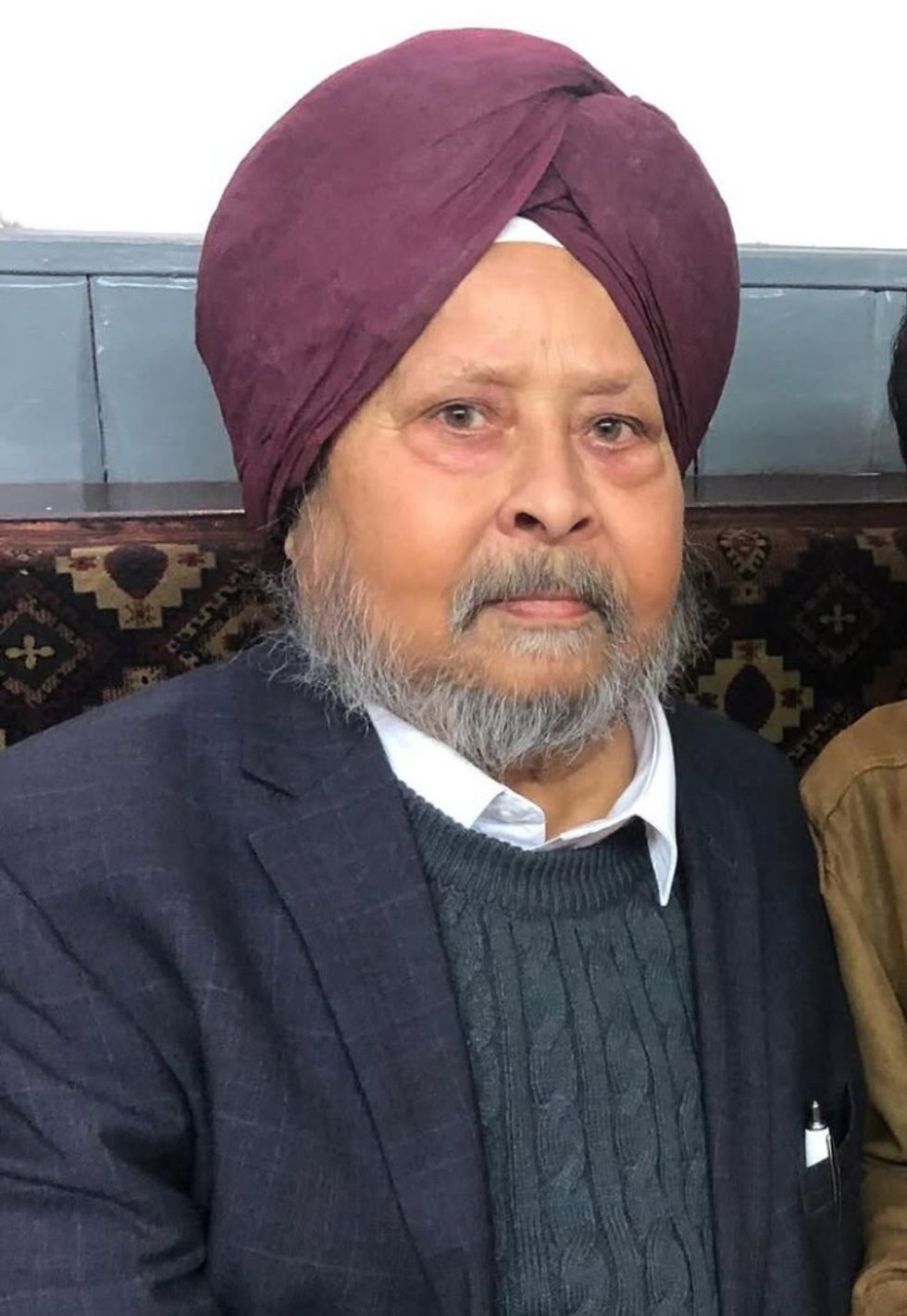 Harbans Singh Jandu
Harbans Singh Jandu Aamir Khan
Aamir Khan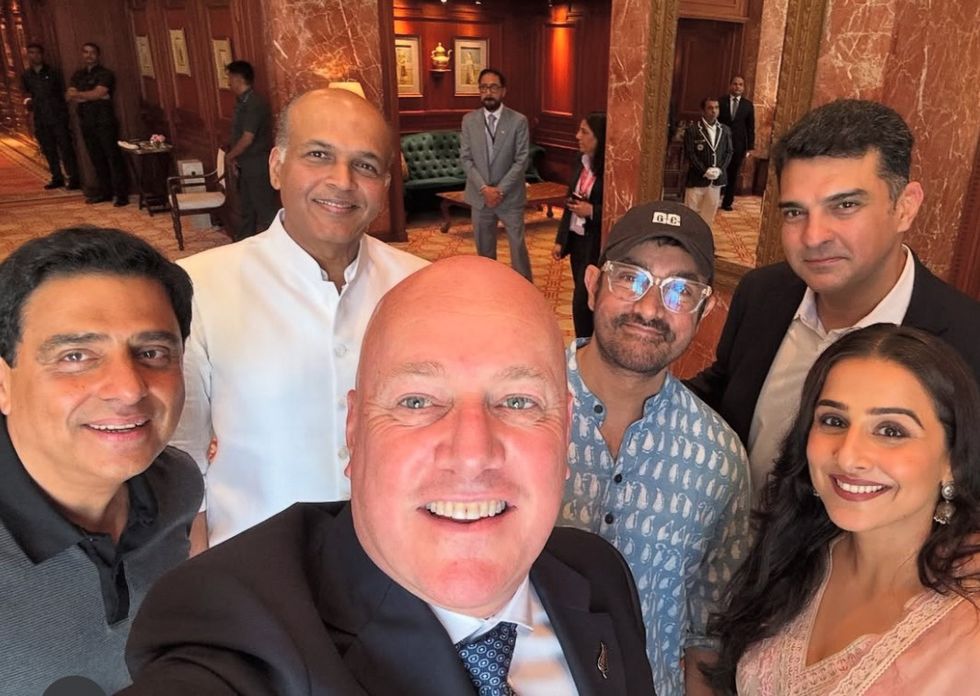 Ronnie Screwvala, Ashutosh Gowariker, Christopher Luxon, Aamir Khan, Siddharth Roy Kapur and Vidya Balan
Ronnie Screwvala, Ashutosh Gowariker, Christopher Luxon, Aamir Khan, Siddharth Roy Kapur and Vidya Balan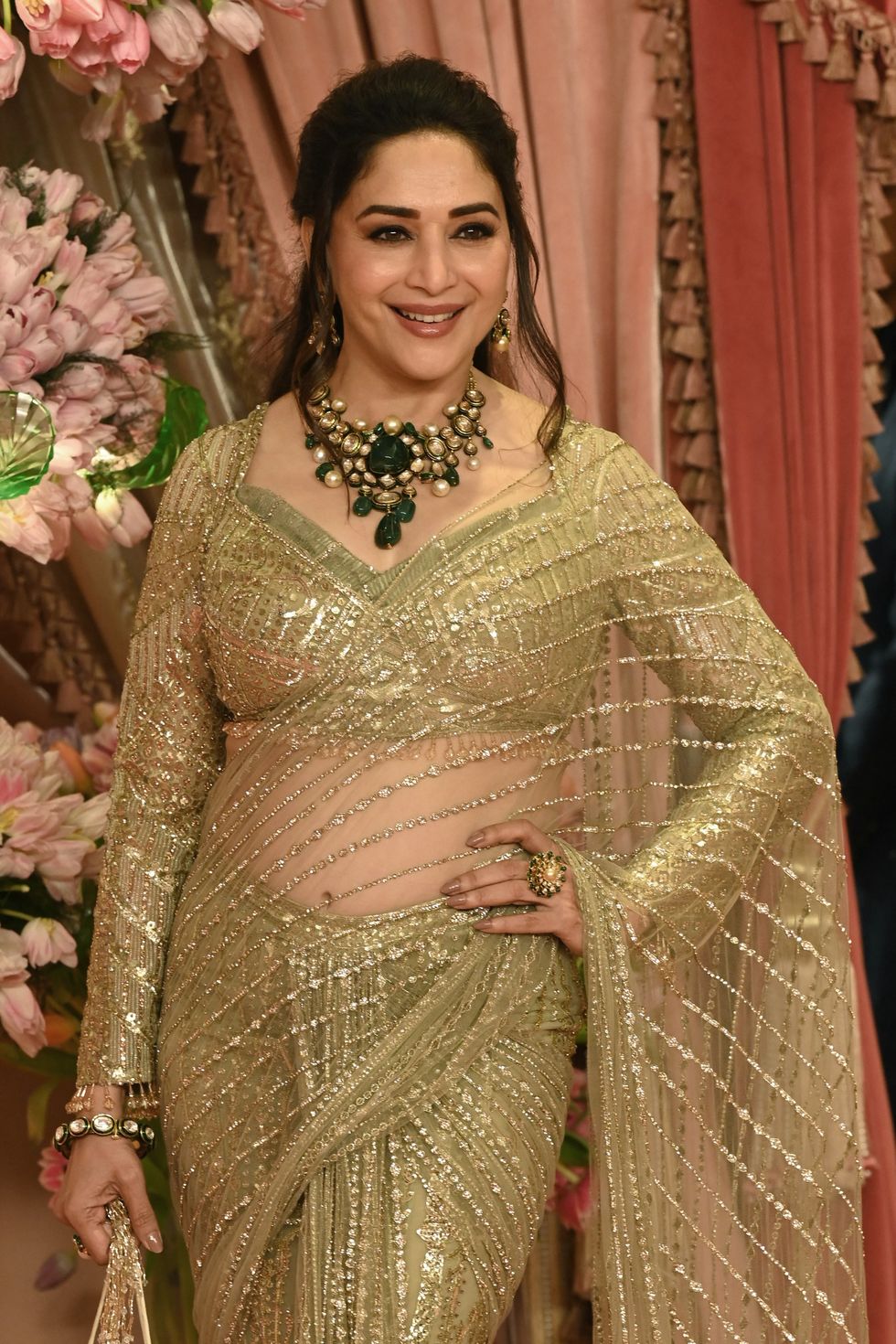 Madhuri Dixit
Madhuri Dixit



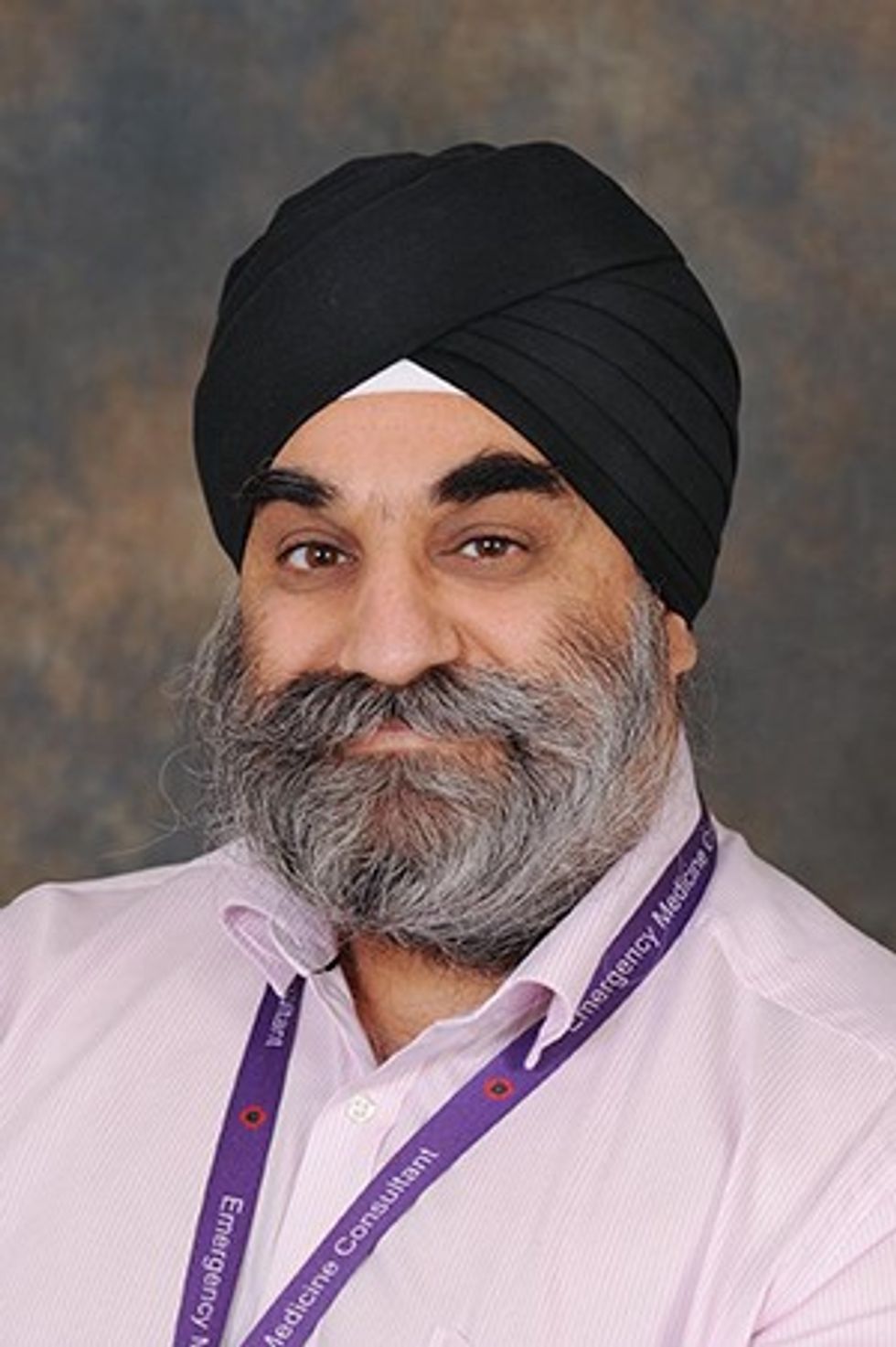 Manjeet Singh Riyat
Manjeet Singh Riyat